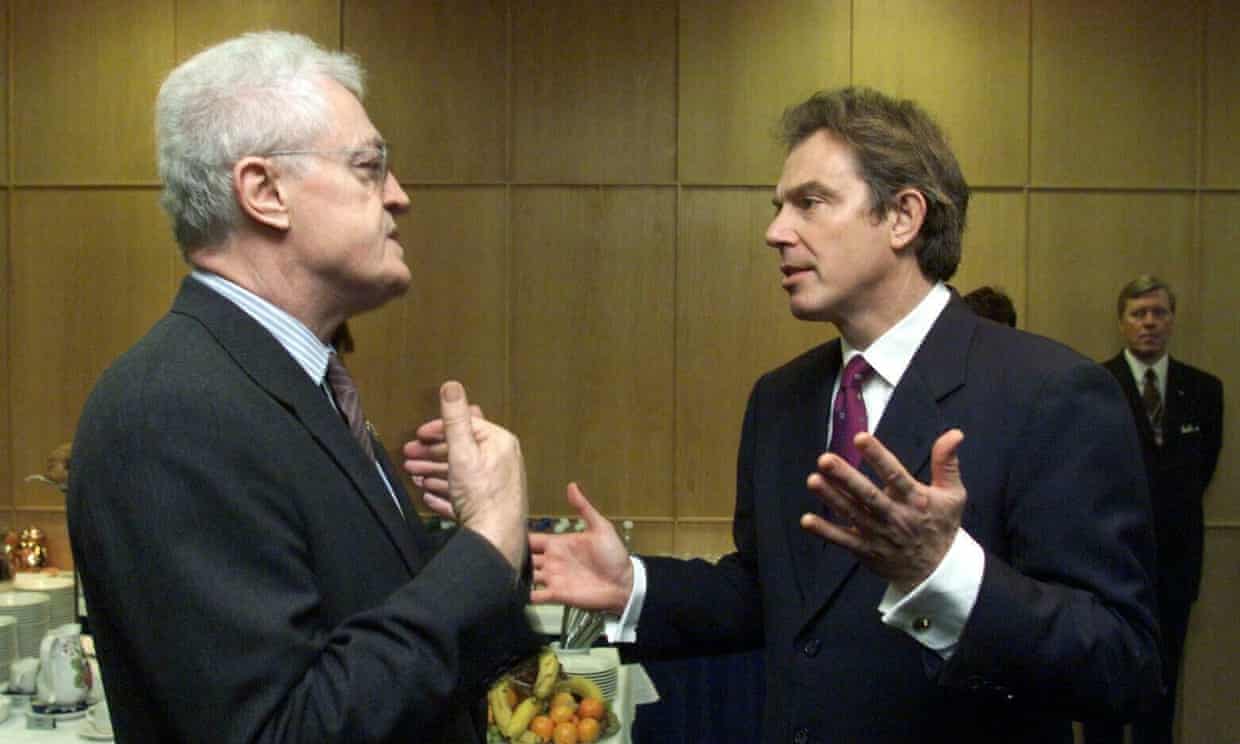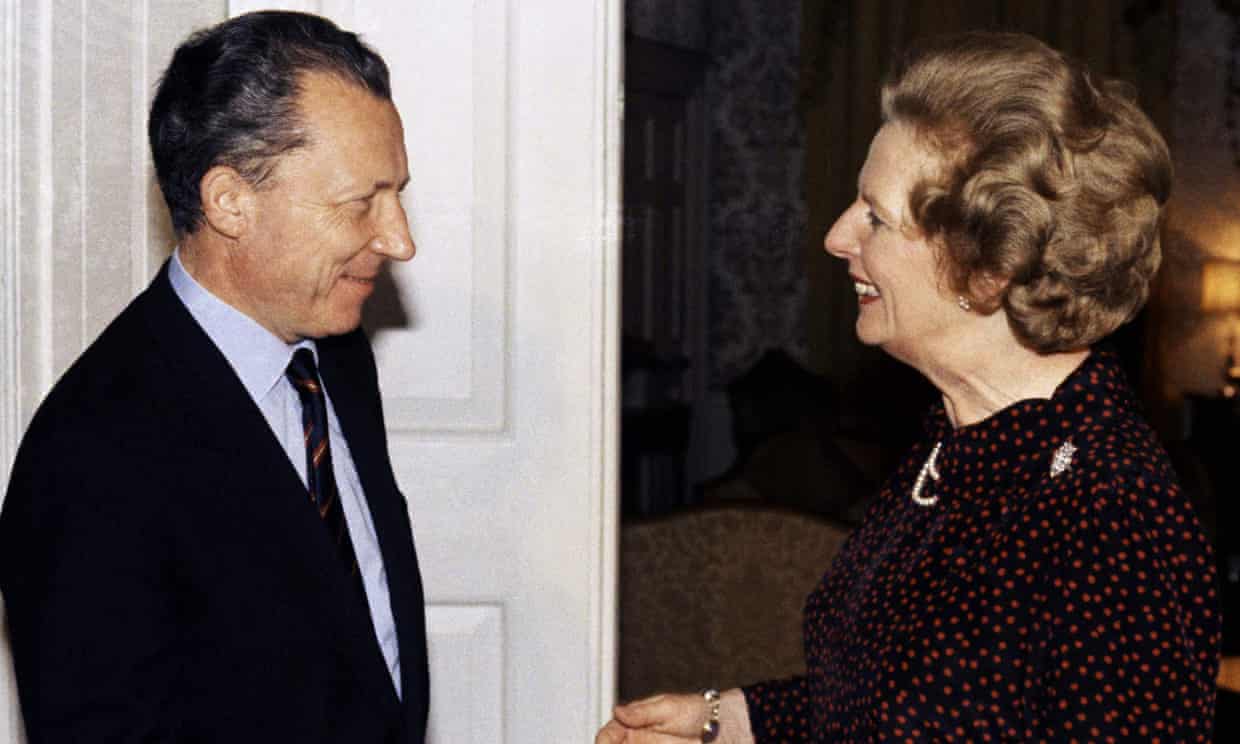
Opinion
The strange thing is not that Britain is leaving the EU – it’s that we ever joined
by Gisela StuartThe UK wanted economic cooperation, not political union. After Maastricht, the die was cast
In 20 years’ time it will be seen as more remarkable that we joined the Common Market in 1973 than that we voted to leave the European Union in 2016. If ever there was a mismatch of intentions, needs and aspirations, it was our 47-year membership. To paraphrase Professor Henry Higgins in My Fair Lady, both sides kept asking: “Why can’t they be more like me?”
This game of push-me-pull-you worked well for the first 25 years, but once the single currency was created the tensions ultimately became unmanageable. The Maastricht opt-outs on the euro and the common travel area were crucial. They declared that it was no longer a “two-speed Europe”, a union with a common destination, where it would merely take some countries a bit longer to get there than others. Instead it was a Europe where some countries just had a different understanding of democracy and how they wished to be governed.
The aim of the postwar settlement was to keep communism out and contain Germany while enabling it to be economically successful. Two models emerged for the way European nation states might relate to each other, given that aim. One was based entirely on trade – the European Free Trade Association (Efta); the other used trade as a means to achieve political integration – the Common Market. Once the UK had left Efta and joined the Common Market in 1973, Efta was diminished and no longer offered an effective alternative.
After that, the UK’s approach to the EU depended on context. Our two biggest political parties have at times swung from being all for it to outright hostile. Margaret Thatcher embraced the creation of the single market without fully appreciating that for some it wasn’t so much about trade but about providing the foundations for a single currency. The Labour party under Neil Kinnock embraced the EU when the Jacques Delors commission delivered the social policies the Thatcher government opposed.
Tony Blair proved a full-fledged devotee. For him the rationale was geopolitical and strategic. The EU provided the UK with an opportunity to shape the world’s future. During his first term of office he vigorously made the case for the EU, created cross-cutting ministerial bodies, encouraged working with sister parties and even told ministers to go and learn foreign languages.

The invasion of Iraq changed all that. The UK sided with the US, and Blair never recovered. In 2005 the British people were promised a referendum on the European constitution, although the three main parties found reasons to ditch that promise after the election.
When he became prime minister, David Cameron set out not to “bang on about Europe”. Parliament no longer debated ahead of European council meetings, and the annual discussions about fisheries or agriculture disappeared too.
When the in-out referendum was announced, I asked myself what it would take for me to vote remain. If the EU had acknowledged that the institutional architecture should have changed to accommodate euro countries, which required deeper political integration, and non-euro countries, which needed a looser framework, I would have said: “OK, let’s give it a try.” Not a case of British opt-outs, but an EU that recognises two kinds of membership: a core and a periphery.
Britain originally joined a political project for economic reasons, and the remain campaign made the case for continued membership on economic grounds. But for once, it wasn’t the economy, stupid. People voted to leave for reasons of community, identity and belonging. Our organic constitution has at its roots the principle that we vote for individuals who represent particular policies, and they operate within a set of rules that can be changed by the people via elections. These deep emotions are more powerful than money. It is wrong to ignore them, and even worse to sneer and belittle them.
Compared with the bloody battles of other periods in our history, the significant upheavals of the last few years have been remarkably peaceful. One referendum, two general elections and three prime ministers later, the British people affirmed that they still meant what they said in 2016. There have been no profound ruptures in our democratic structures, and the party political system has shown remarkable resilience.
As we are leaving, the EU, like us, will have to make changes to the way it works. That’s all to the good. Whatever the future holds, however, we must all remain friends, as well as Europeans.
• Gisela Stuart was the Labour MP for Birmingham Edgbaston from 1997 to 2017 and chair of Vote Leave